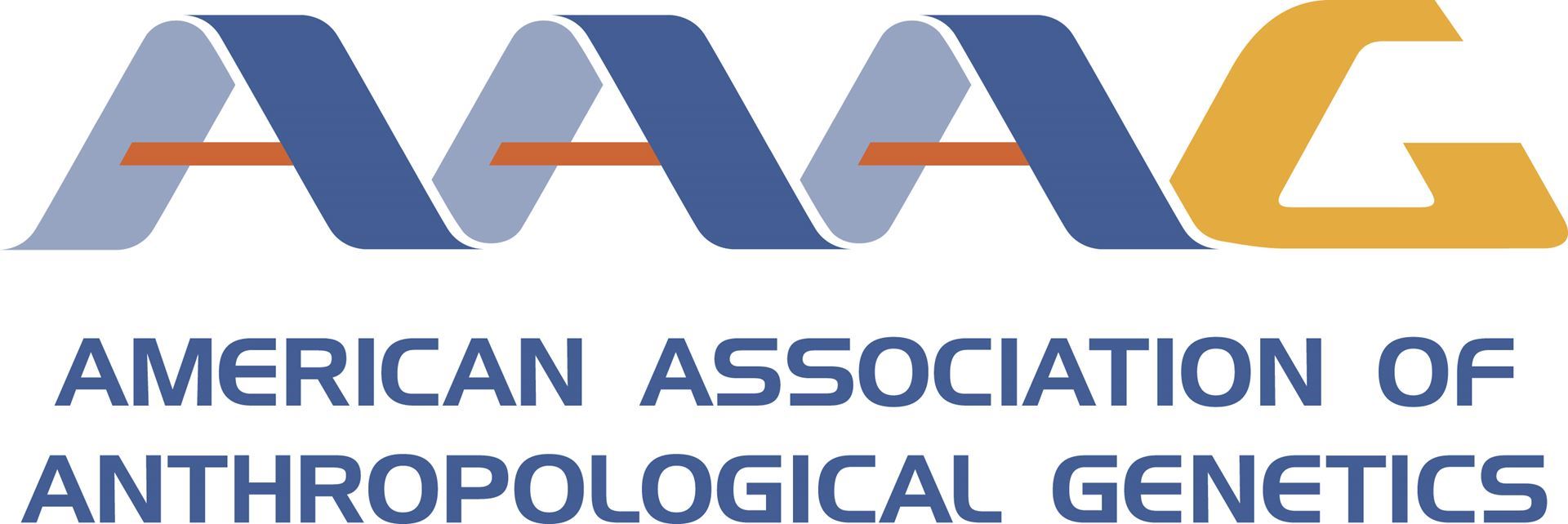Ethics
These resources focus on the ethics underlying how researchers practice their science inclusive of the ethics of sampling, capacity building, community engagement, ‘parachute’ (extractive) science, and ethics review (IRB). These resources are not exclusively about research on living humans, but also include the implications for genetic research involving Ancestors (e.g. ancient DNA, sediment DNA, and archaeogenetics) and nonhuman primates.
1. | Turner, Trudy R., Jennifer K. Wagner, and Graciela S. Cabana. "Ethics in biological anthropology." American journal of physical anthropology 165, no. 4 (2018): 939. https://www.ncbi.nlm.nih.gov/pmc/articles/PMC5873973/ |
2. | Claw, Katrina G., Matthew Z. Anderson, Rene L. Begay, Krystal S. Tsosie, Keolu Fox, and Nanibaa’A. Garrison. "A framework for enhancing ethical genomic research with Indigenous communities." Nature communications 9, no 1 (2018): 1-7. |
3. | Fleskes et al. “Ethical Guidance in Human Paleogenomics: New and Ongoing Perspectives.” Annual Review of Genomics and Human Genetics 23, no. 1 (2022): 627–652. https://pubmed.ncbi.nlm.nih.gov/35537469/
|
4. | Marks, Jonathan. "Your body, my property: The problem of colonial genetics in a postcolonial world." Embedding ethics. Routledge, 2020. 29-45. |
5. | Stefanoudis et. al., “Turning the tide on parachute science” https://www.cell.com/action/showPdf?pii=S0960-9822%2821%2900062-2This article is a great resource for explaining parachute science and how not to engage in it. While it is not explicitly about genetics, it is relevant to genetic research. |
